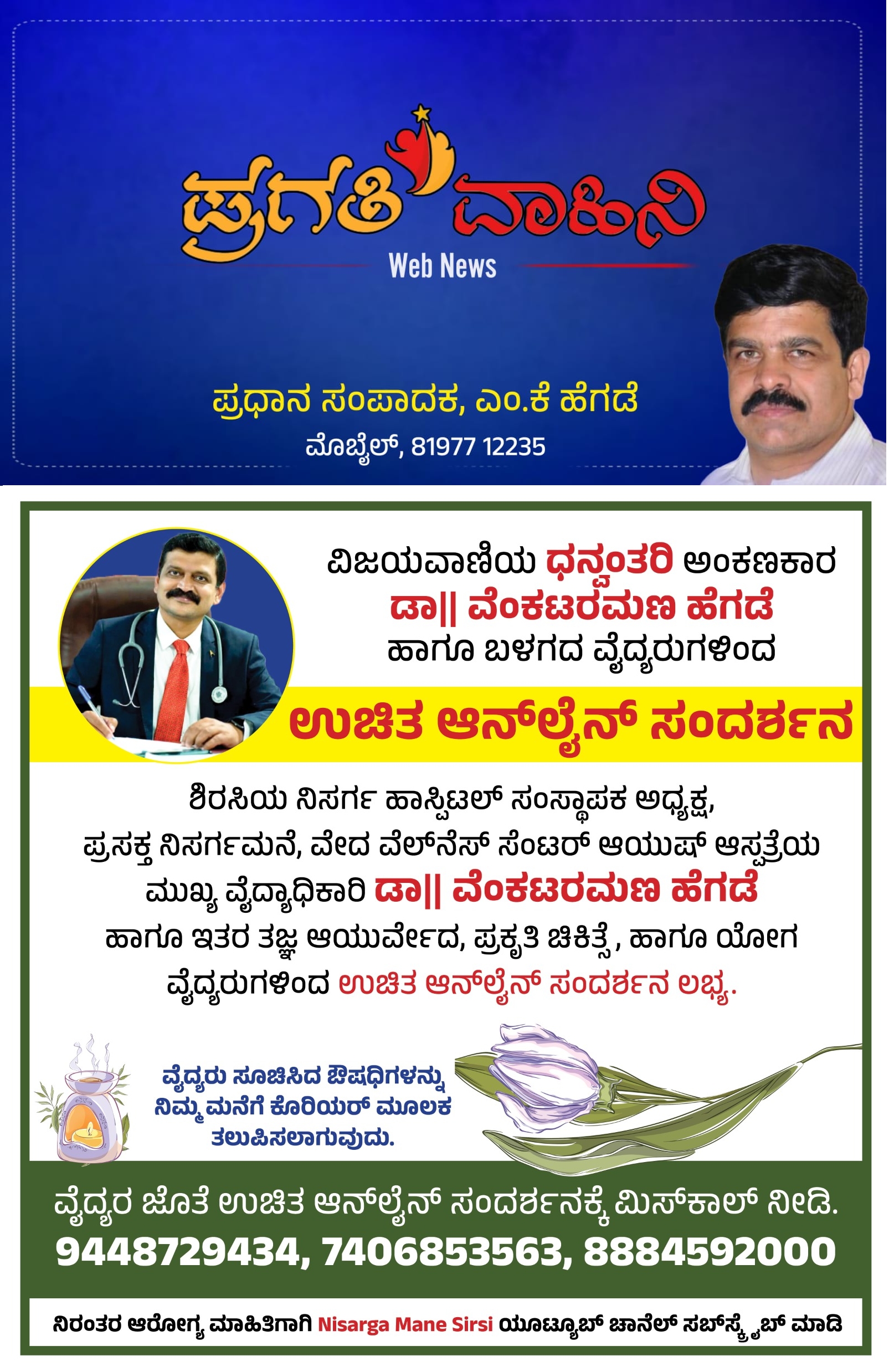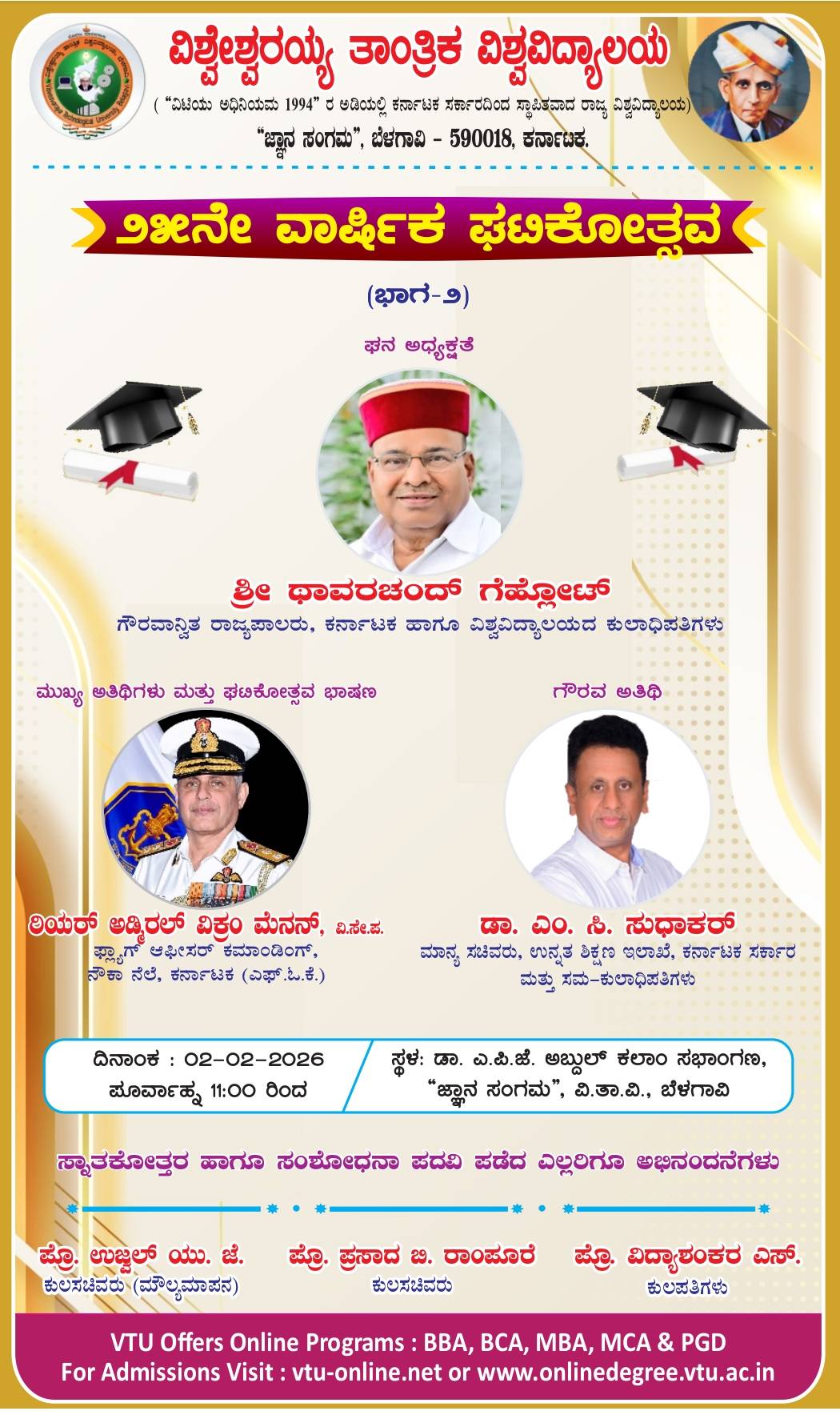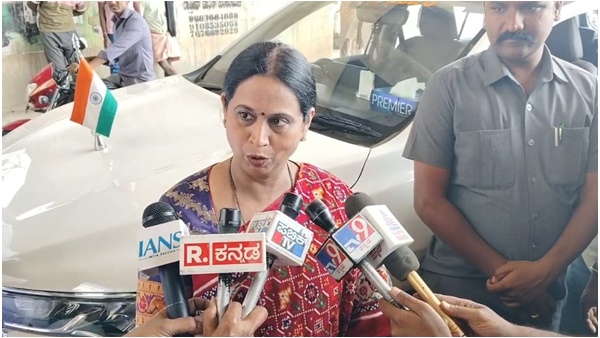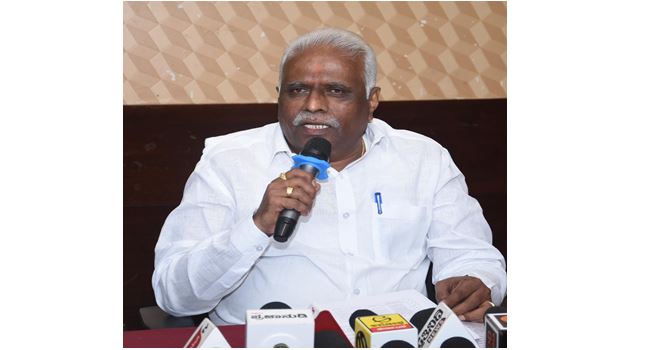

Winter has arrived and the weather is cold, morning and late evening breeze are extremely cool. It is the time that all Senior citizens including children are essentially required to take proper precautions to avoid health problems from pinching cold. It is the perfect time to make sure that you and your heart are staying warm. Winter can cause major problems to your heart if you are exposed to severe cold. If you are a heart patient and has undergone, Angioplasty, Heart Surgery or suffered a heart attack must take extreme care. Irrespective of whether you have heart disease or not, taking care of your heart and body during intensely cold months is a smart move.
Heart Attacks are Common in winter
Cold weather causes your blood vessels and arteries to narrow, which restricts blood flow and reduces oxygen to your heart. It may also increase heart rate and blood pressure. In this condition your heart is working significantly harder than it does under normal temperature conditions. If you exert additional exertion like running, brisk walking, exercise in early cold morning, it could cause a heart attack. Respiratory tract infections and influenza are known risk factors for heart attack and are quiet common in winter season which may also contribute to heart attack.
Various Scientific studies have revealed that, the risk of having a heart attack was greatest on days when the temperatures are below normal. Further, studies have proved that, 31% increase in heart attacks in the coldest months of the year compared with the warmest”
Remain active in home
If you are remaining in home because it’s just too cold outdoors, be sure to stay to active. Perform light exercise, involve in house hold chores. Move around at least once every hour and avoid sitting for prolonged time. This gets the blood flowing and helps keep you warm.
What we should do in winter
- Avoid walking early in the morning
- Avoid overnight travels and cold water bath.
- You can walk in sunshine.
- Drink warm water, consume warm and refreshing food.
- Wear warm clothes like sweater, jackets. Use hat or head scarf.
- Cover your feet with socks, shoes use hand gloves and cover ears.
Dr. Suresh Patted is of the opinion that, below normal temperature, low atmospheric air pressure, cool breeze, and no sunshine are the major the risk factors for heart attack with cold temperatures being the strongest indicato
-Dr. Suresh V Patted,
Prof. & Head of Cardiology &
Interventional Cardiologist
@KLES Dr. Prabhakar Kore Hospital & MRC, Belgaum












